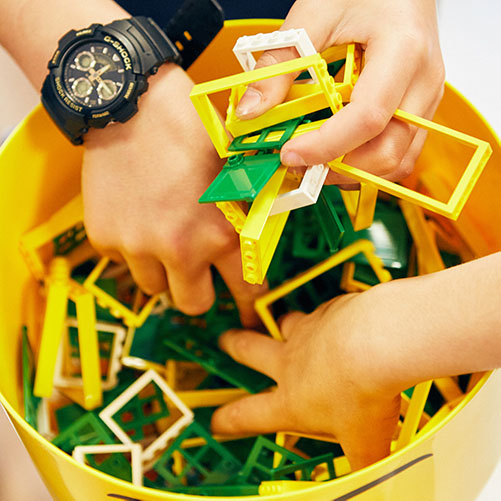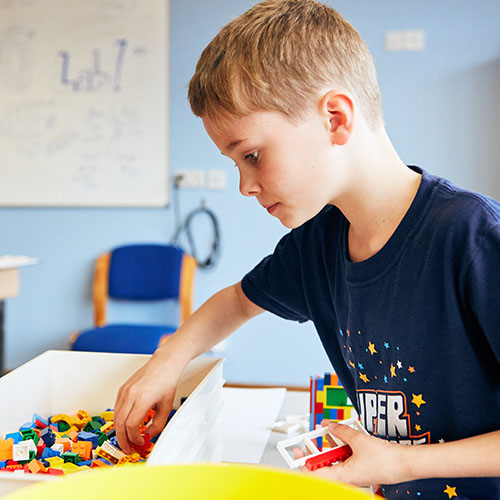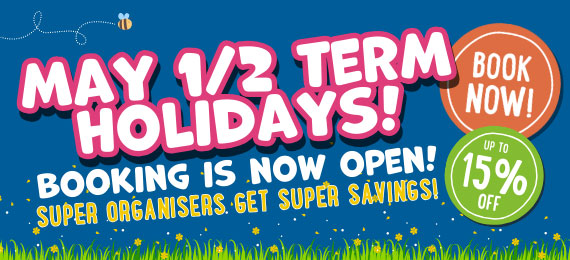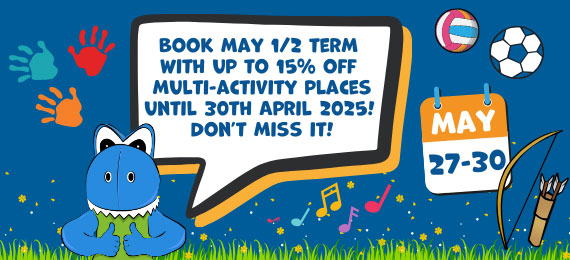Benefits of LEGO® Building: Play and Personal Development
Since partnering with The LEGO® Group in 2018, these colourful little bricks have become an integral part of the SuperCamps programme. Whether that's through weekly LEGO® Challenges on our Multi-Activity camps or as part of our 5-day LEGO® Play course, our LEGO® Activities continue to excite, challenge and stimulate.
Not just a fun and entertaining activity, the developmental benefits of LEGO® Play for children are numerous. From inspiring creativity to enhancing problem solving skills, here are just four ways that this fantastic activity can contribute to the development of important life skills and character development.
Development of fine motor skills
As well a being a playful way to explore design and construction, the small, geometric design of LEGO® Bricks makes them the perfect tool for enhancing fine motor skills in young children. Strengthening motor muscles as they piece together LEGO® Bricks of different shapes and sizes, this wonderful exercise for little fingers supports children in learning to apply pressure and improve coordination.
Creativity and Imagination
One way our LEGO® Play course encourages creativity is by presenting children with different themes each day, that are inspired from the world around them. Given the freedom to interpret these topics in whichever way they wish, all children are challenged to dream big as they invent a variety of different designs. Whether that’s taking a jet plane and turbocharging it with brick-built rocket engines or building an underwater city, there are no limits on imagination when it comes to LEGO® Building.
Focus and Concentration
Thinking up our bold and brilliant LEGO® Designs, we instinctively plan out and visualise the spatial information that will bring a build to life. Directing their energy into this detailed, pragmatic and meditative activity can be a brilliant distraction for children and can even aid in relaxation and calm.
Problem solving and lateral thinking
Part of LEGO® Design involves trial and error, as well as overcoming problems through experimentation and logic. For example, our 2020 LEGO® Play course challenges children to engineer a vessel that will catch and hold water. How can our knowledge of basic physics influence the structure of the vessel? Part of this problem solving activity also encourages children to share their ideas with their peers, working as a team to bring about creative solutions. As children approach LEGO® Building in more and more resourceful and dynamic ways, they are developing new ways of thinking and learning to interact with the world around them.
Discover more about our LEGO® Play course here.






-min.png)
-min.png)
